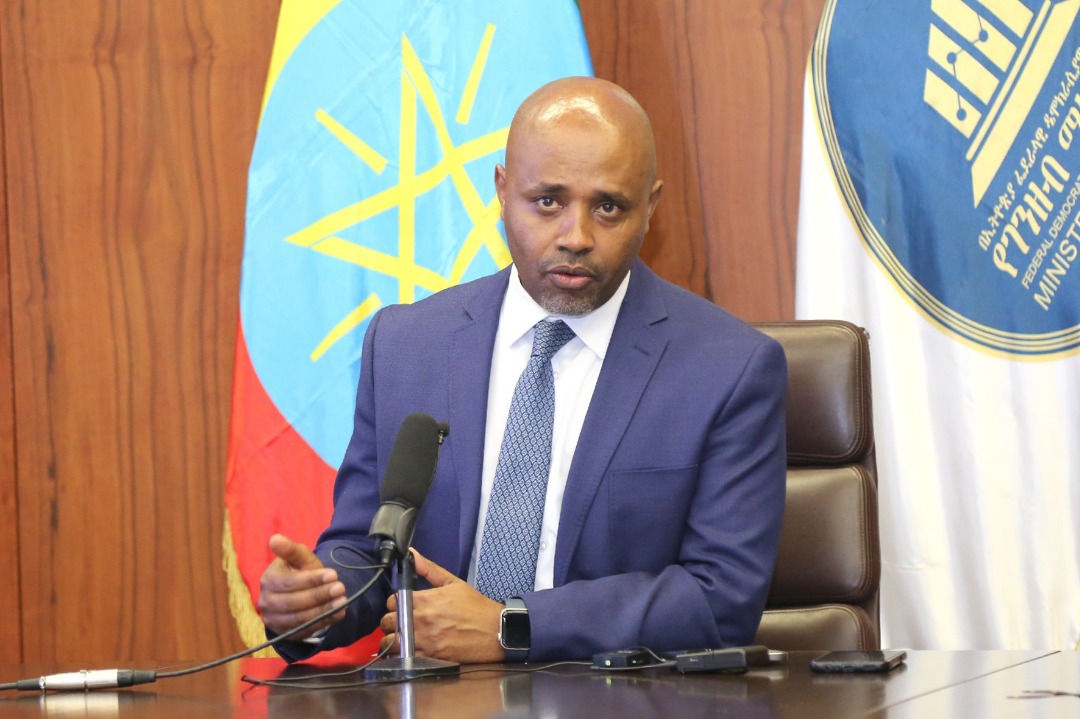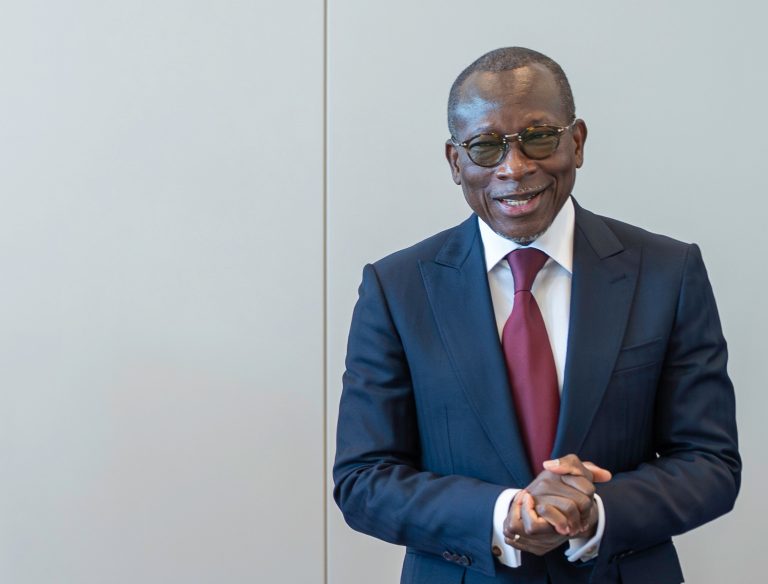- Tekalign takes over Ethiopia’s National Bank as the country battles high inflation, forex shortages and debt stress
- His appointment ends a 16-day leadership vacuum after the resignation of Mamo Mihretu
ADDIS ABABA, ETHIOPIA – Prime Minister Abiy Ahmed has appointed economist Eyob Tekalign as governor of the National Bank of Ethiopia (NBE), ending a two-week leadership gap.
Tekalign, who previously served as state minister of finance, brings nearly two decades of experience across government, international institutions and private finance.
His résumé spans advisory roles to Ethiopian governors at the IMF and World Bank, diplomatic service in Washington, consulting for Dow Chemical, and a directorship at SGI Frontier Capital, an investment firm focused on frontier markets.
Reform at a crossroads
The appointment comes at a decisive moment for Ethiopia, Africa’s second-most populous nation, where debt burdens and surging prices have shaken confidence in the reform agenda launched under Abiy. Market watchers say the new governor’s ability to manage monetary policy, exchange rate adjustments and banking sector reforms will be critical.
Economists and financial experts believe his track record positions him well to steer Ethiopia’s central bank at a turbulent time.
“Appointing a person with knowledge and experience in the economic sector, as the Governor of the National Bank is a great decision,” Girum Amaha, Economist and Head of Regulatory and Market Intelligence at Fenan Pay, told Allen Dreyfus.
“His ability to work mainly on revenue mobilisation and fiscal policy while serving as the State Minister of Finance will enable him to make comprehensive decisions on the monetary policy that it is tightening,” he added.
The IMF has urged Ethiopia to ensure its central bank governor remains free from party political influence, underlining the stakes of Tekalign’s appointment. The new governor will also be tasked with steering IMF-backed reforms, restructuring foreign debt and guiding efforts to build what Abiy has described as a “modern central bank fit for purpose.”
“Dr. Eyob’s reputation, especially in international institutions such as the IMF, the World Bank, and others, creates a great opportunity to build trust and confidence among the business community and economic institutions. When there is a feeling that we are in good hands, it mainly creates macroeconomic stability,” Economist Amaha added.
“The fact that Eyob was one of the participants in the $3.4 billion IMF Extended Credit Facility negotiations from the very beginning will increase the confidence we have with our creditors, which will open a big door for negotiating the debt burden that Ethiopia is facing.”
Legacy and expectations
Tekalign succeeds Mamo Mihretu, who resigned on September 3 after less than two years in office. Critics accused Mihretu of leaving “at a time of acute crisis, leaving a legacy of inflation and misery for millions of people.” Others praised his professionalism but questioned the timing of his exit.
Attention now turns to Tekalign, who has also led the Ethiopian Public Private Consultative Forum, a dialogue platform linking government and business.
His ties to institutions such as the UN Economic Commission for Africa, COMESA, UNCTAD and the World Bank Group bolster his credentials as a technocrat capable of navigating both domestic and international demands.
Observers say the credibility of Ethiopia’s central bank hinges on whether Tekalign can balance market reforms with political realities. The country remains hampered by forex shortages, a debt restructuring process and fragile investor sentiment.
Decisions in the coming months could determine whether Ethiopia can stabilise its economy or slide deeper into crisis.










